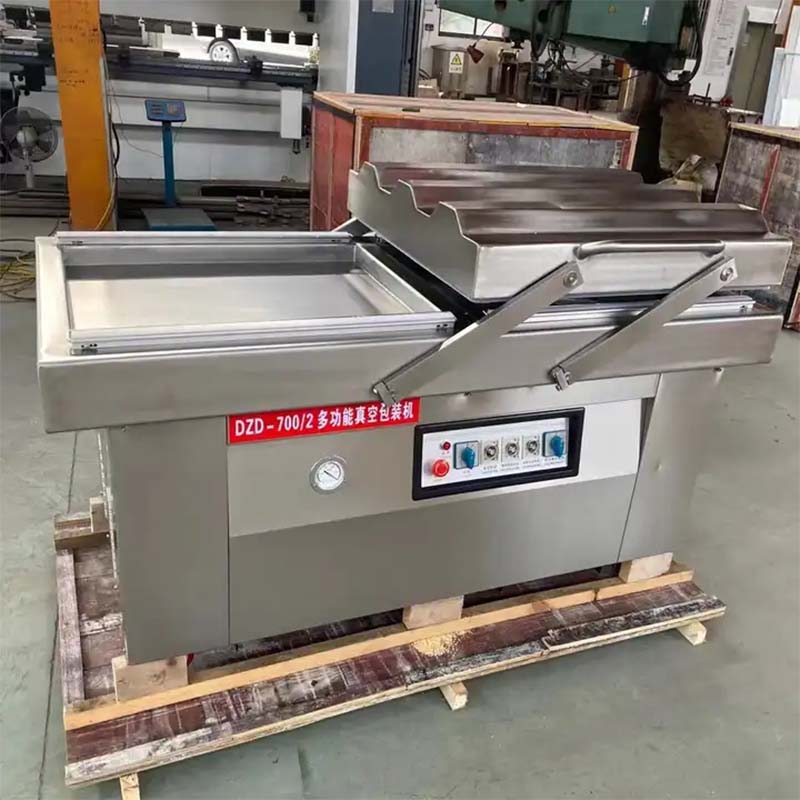Electric Chicken Scalding Device for Efficient Poultry Processing Systems
Nov . 09, 2024 14:52 Back to list
Electric Chicken Scalding Device for Efficient Poultry Processing Systems
The Importance of Electric Chicken Scalders in Poultry Processing
In the poultry processing industry, efficiency and hygiene are paramount. One essential piece of equipment that plays a critical role in the initial stages of chicken processing is the electric chicken scalder. This machine is designed to prepare chickens for plucking by softening their feathers and making the removal process much more efficient. As the demand for poultry continues to rise globally, understanding the importance and functionality of electric chicken scalders becomes increasingly relevant.
How Electric Chicken Scalders Work
Electric chicken scalders operate by submerging the chickens in hot water, which is heated electrically. The process typically involves immersing the birds in water that ranges from 140°F to 160°F (60°C to 71°C) for a specific amount of time, usually between 30 seconds to a few minutes, depending on the size of the bird and the type of scalding required. The water loosens the feathers from the skin, allowing for a more efficient plucking process.
The electric scalder is designed with temperature control features that ensure consistent heating. This is crucial because improper temperatures can lead to poor feather removal and affect the meat quality. Furthermore, the scalder needs to maintain hygiene standards, making it vital to keep the water clean and at the right pH levels to inhibit bacterial growth during the scalping process.
Advantages of Electric Scalders
1. Efficiency Electric chicken scalders are faster and more efficient than traditional gas-powered scalders. The quick heating elements allow for rapid water temperature control, reducing the overall processing time. This efficiency is essential for large scale operations that need to process thousands of chickens daily.
2. Consistent Quality Regular monitoring systems in electric scalders provide precise temperature control, ensuring that each bird receives the same treatment. This consistency results in uniform feather removal, which directly impacts the quality of the final product.
electric chicken scalder

3. Energy Savings Compared to traditional gas heating systems, electric scalders can be more energy-efficient, leading to lower operational costs. As energy prices fluctuate, the potential to reduce costs can be a significant advantage for poultry processing plants.
4. Easy Maintenance Electric scalder systems are often easier to maintain due to their simpler design and fewer moving parts compared to mechanical or gas systems. Routine cleaning and maintenance can be performed more efficiently, emphasizing hygiene standards.
5. Environmentally Friendly With a growing emphasis on sustainability, electric scalers are often considered more environmentally friendly. Their energy consumption can be optimized, and they can integrate with renewable energy sources, reducing the carbon footprint of poultry processing.
Challenges and Considerations
Despite their advantages, electric chicken scalders are not without challenges. One significant concern is water consumption; keeping the scalder clean and the water at the optimal level requires careful management. Additionally, if the electric system undergoes a malfunction, it can disrupt the processing line, leading to potential losses.
Moreover, poultry plants must ensure that their electric scalders comply with local health and safety regulations. This includes regular inspections and maintenance schedules to avoid contamination and ensure the oil’s effectiveness.
Conclusion
Electric chicken scalders play a vital role in modern poultry processing facilities. Their efficiency, reliability, and consistent performance make them an invaluable asset in the industry. As producers strive to meet the growing demand for poultry products while adhering to stringent hygiene standards, investing in high-quality electric scalder technology is becoming an increasingly smart choice. As the industry evolves, the role of electric scalders will likely continue to expand, integrating more advanced technologies and sustainable practices to meet the needs of both producers and consumers. In an age where consumer preferences lean towards quality and safety, the importance of effective scalping machinery in the poultry processing chain cannot be overstated.
-
Hot Sale 24 & 18 Door Rabbit Cages - Premium Breeding Solutions
NewsJul.25,2025
-
Automatic Feeding Line System Pan Feeder Nipple Drinker - Anping County Yize Metal Products Co., Ltd.
NewsJul.21,2025
-
Automatic Feeding Line System Pan Feeder Nipple Drinker - Anping County Yize Metal Products Co., Ltd.
NewsJul.21,2025
-
Automatic Feeding Line System - Anping Yize | Precision & Nipple
NewsJul.21,2025
-
Automatic Feeding Line System - Anping Yize | Precision & Nipple
NewsJul.21,2025
-
Automatic Feeding Line System-Anping County Yize Metal Products Co., Ltd.|Efficient Feed Distribution&Customized Animal Farming Solutions
NewsJul.21,2025






